Category:Tech

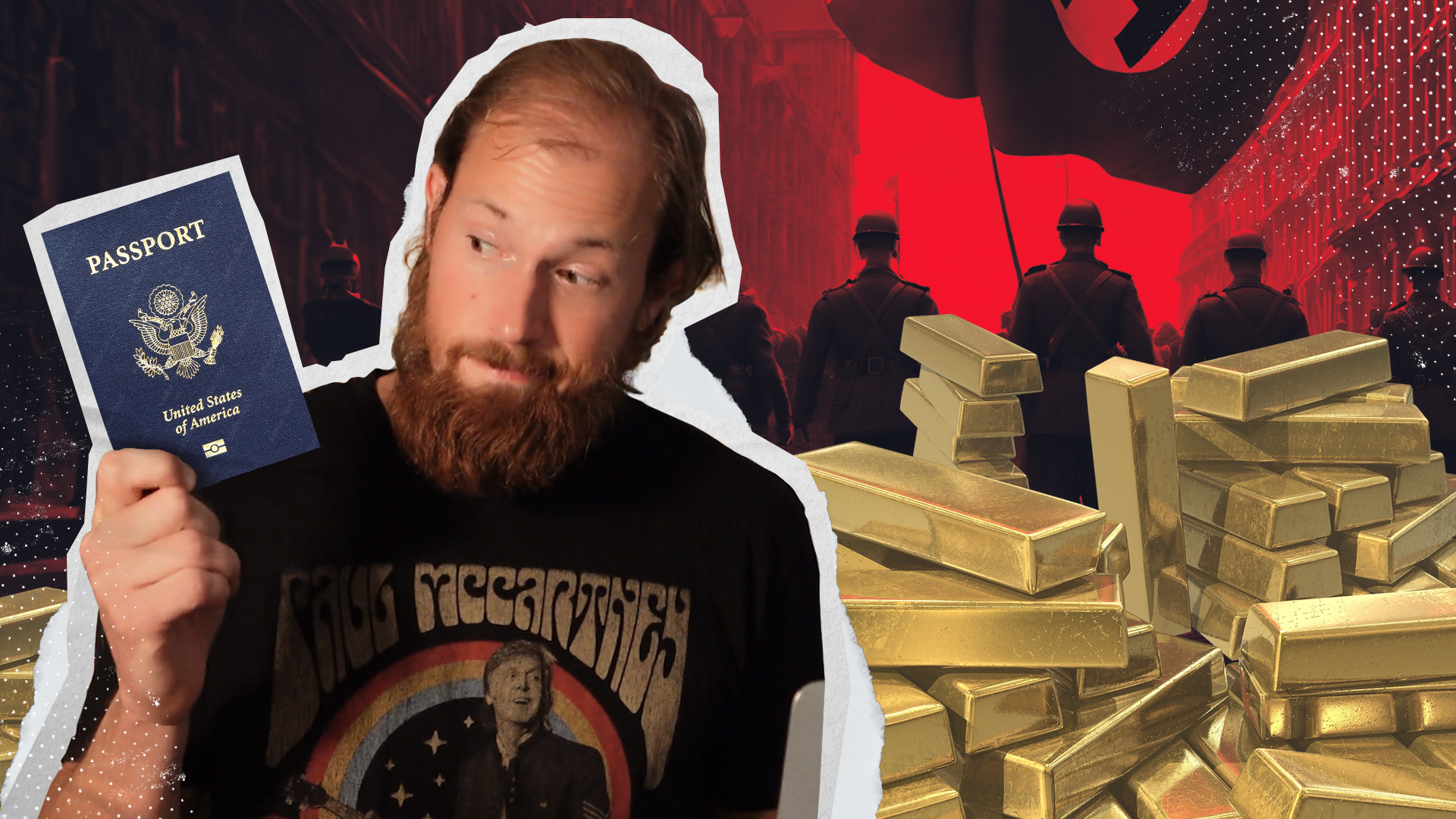
12 SHOCKING Ways WORLD WAR I Still Shapes Our World Today
March 4, 2024 | Video
The war that remade the world order … isn’t the one you think. World War I established our notion of global governance, passports, altered the money we use (and even gave us facism). And yet, before researching this video, this student of American public schooling could remember just two things about The Great War: […]
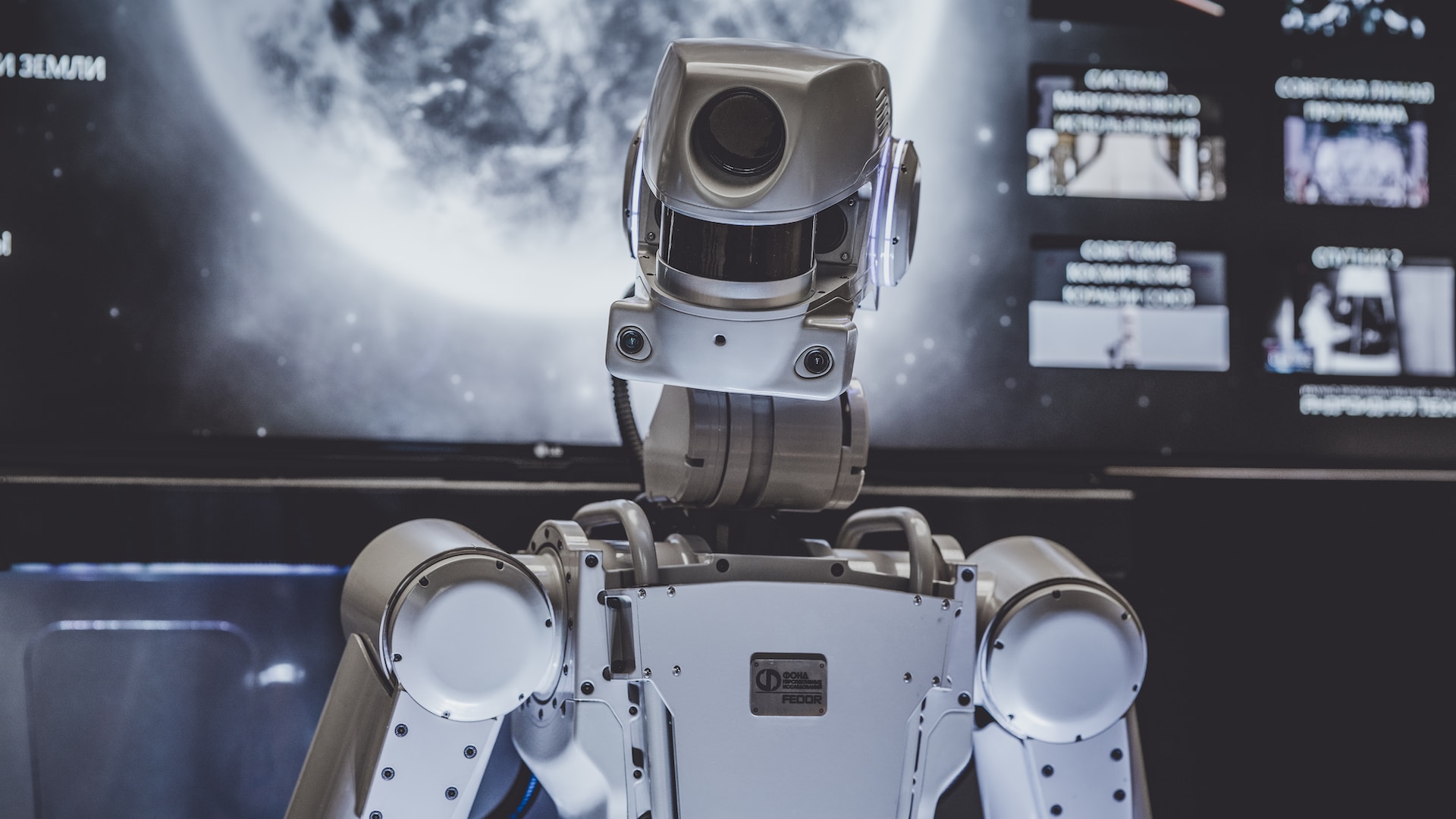
AI isn’t going to leave you unemployed
January 22, 2024 | Post
From automated factory assembly lines to helping you cheat on your college term paper, AI is doing things today that were barely imagined only a few short years ago. As such, you might be wondering, “is my job at risk of being taken over by robots?” or “will we all end up unemployed?”
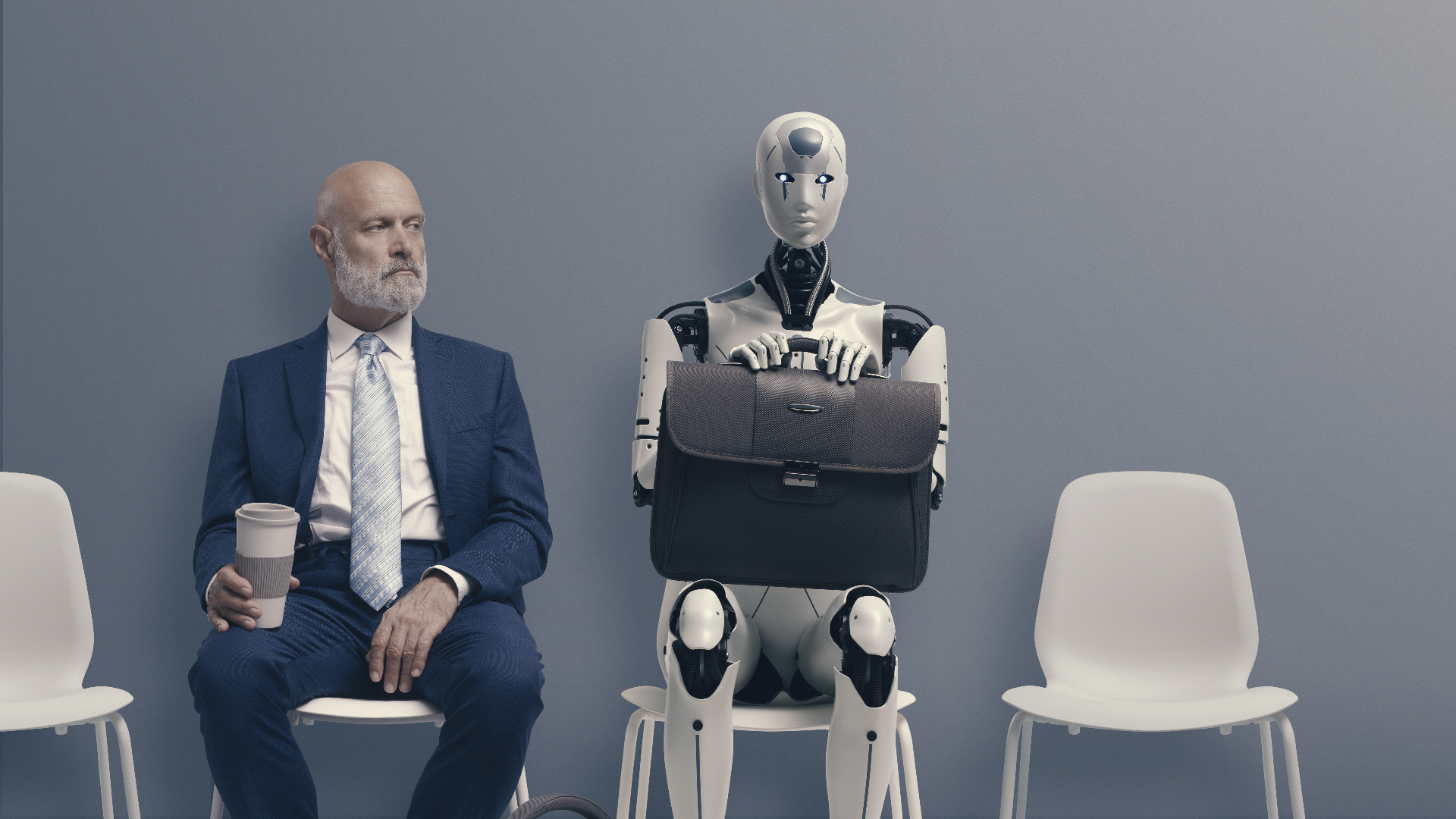
AI, automation, and the future of work: Navigating, automating, and … terminating?
August 7, 2023 | Post
Welcome to a world where AI and automation helps to transform the job market in ways we never imagined, and maybe, just maybe, makes us laugh along the way (we’ll get to that part).
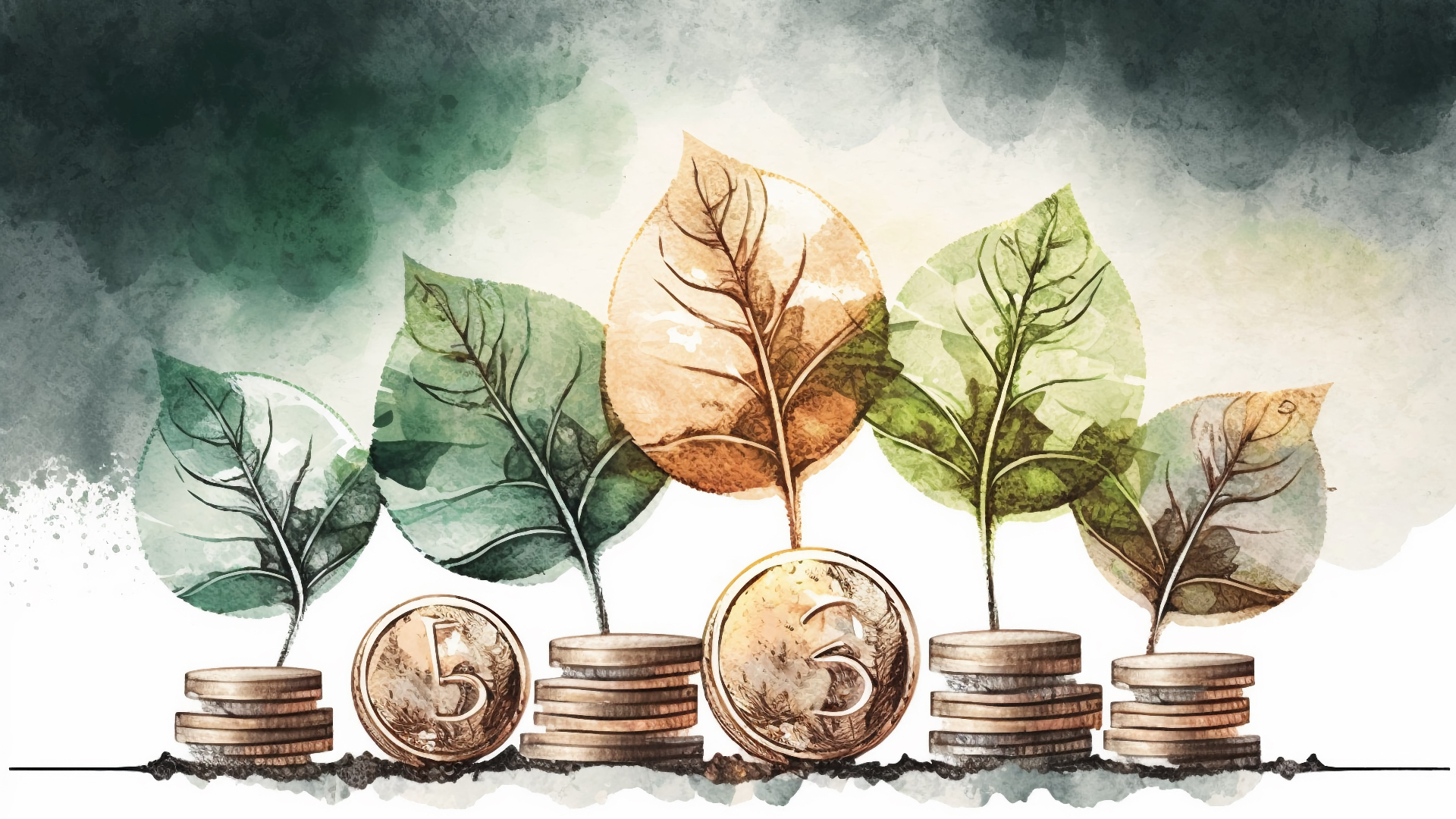
What is free-market environmentalism?
April 28, 2023 | Post
Free-market environmentalism combines the ideals of environmental protection with the principles of a free-market economy. It acknowledges that markets can provide powerful incentives for conservation and environmental stewardship, and that private property rights and contracts can be leveraged as tools to protect the environment. But how exactly does this work?
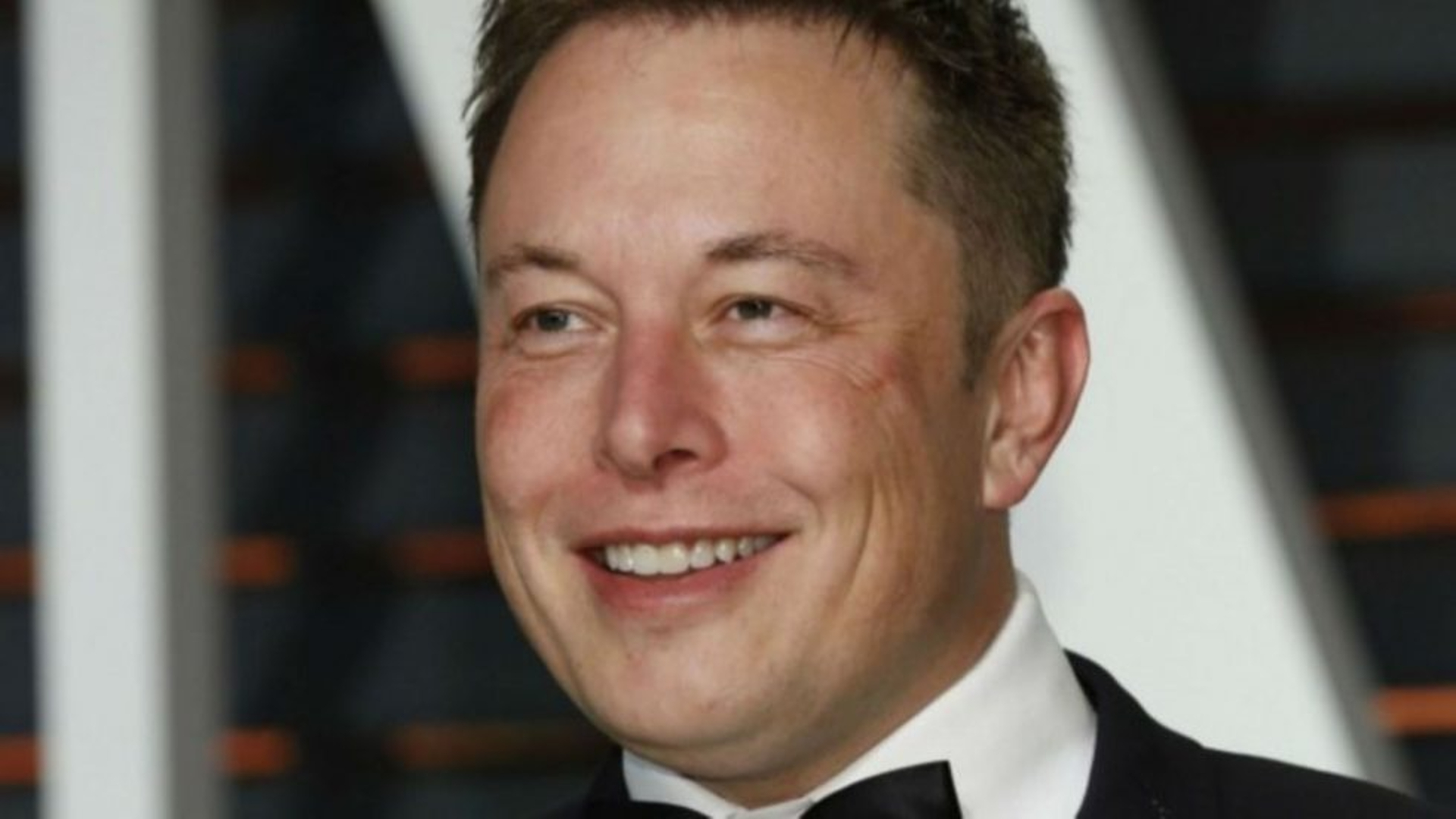
What Elon Musk buying Twitter means for social media and free speech
April 27, 2022 | Post
What will Elon Musk’s takeover of Twitter actually mean for the future of social media and free speech online? What changes can we expect?
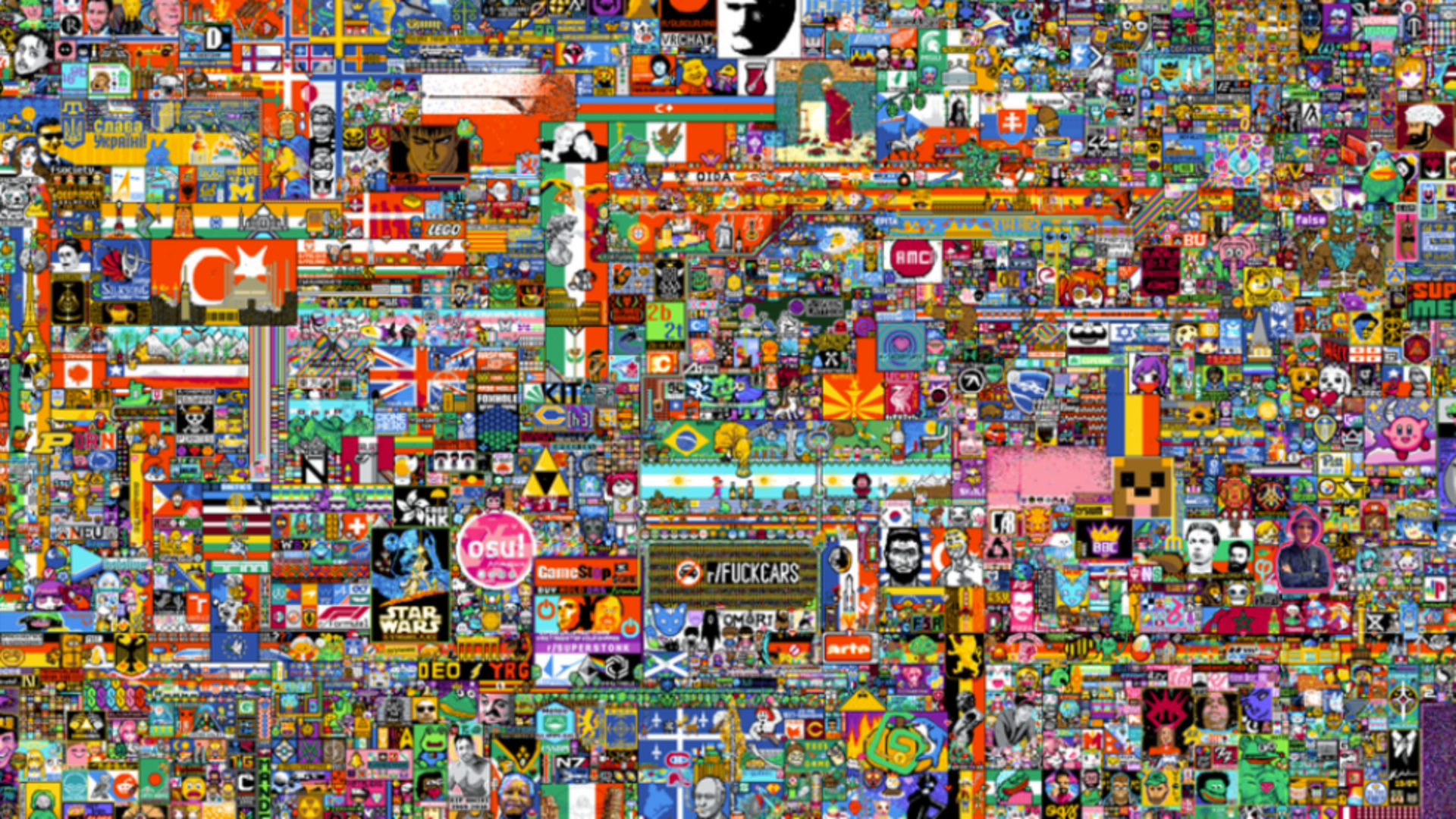
How a Reddit April Fools’ joke can explain spontaneous order
April 7, 2022 | Post
Reddit created an open, collaborative canvas where anyone can paint, but the only way to render a cohesive image is collaboration through spontaneous order.
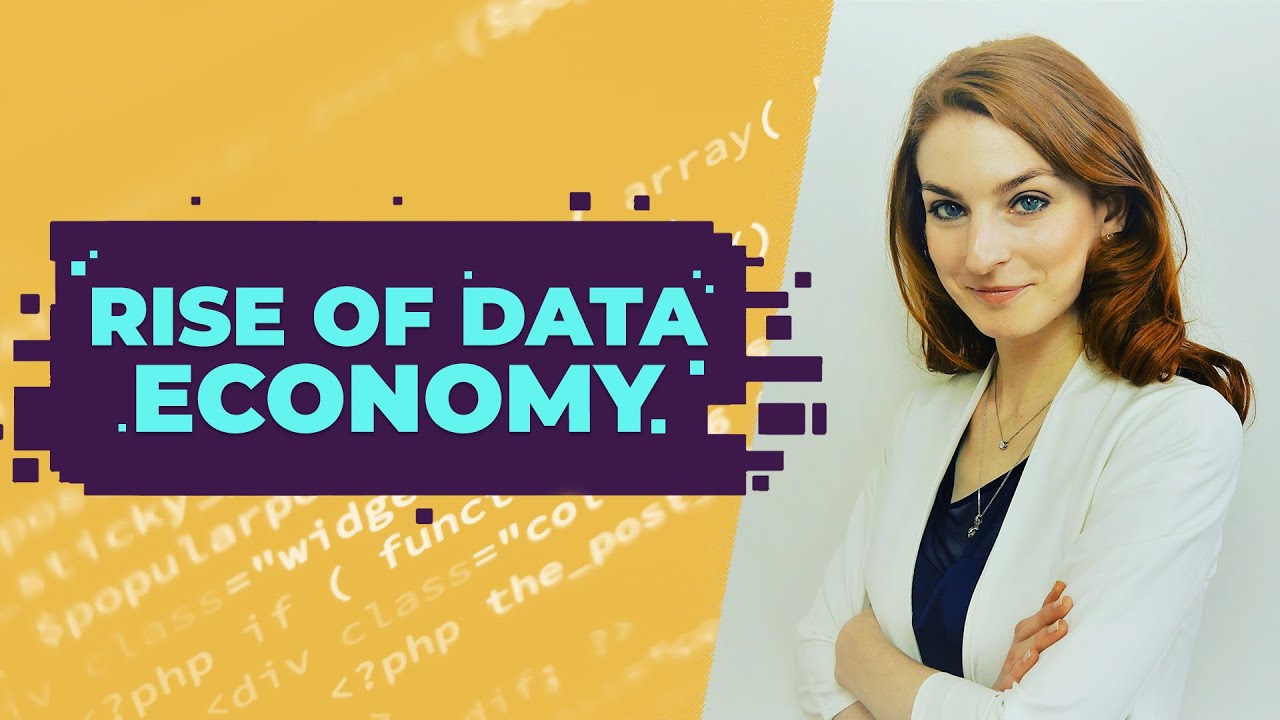
The Rise of the Data Economy
July 15, 2021 | Video
Following the conversation with Eline Chivot, the senior adviser on digital policy at the European People’s Party and a former senior policy analyst at the Center for Data Innovation, about data protection and innovation, we asked her why data is so important to innovation in a digital economy, and what happens when the flow between companies and users is interrupted by governments.

The Effects of Data Protection Policies in the European Union
July 8, 2021 | Video
On November 4th, 2020, Students For Liberty hosted a conversation with Eline Chivot, the senior adviser on digital policy at the European People’s Party and a former senior policy analyst at the Center for Data Innovation, on Data Protection and Innovation.
These are the highlights of the event, which focused on the theme of innovation in the digital economy, and the role of data protection policies in the European Union. In recent years, the debate around balancing digital privacy and innovation has gained significant prominence, especially in light of the European Union’s GDPR policy implemented in 2018. The debate is expected to continue further, given the increasing rise of AI amid many barriers to innovation.
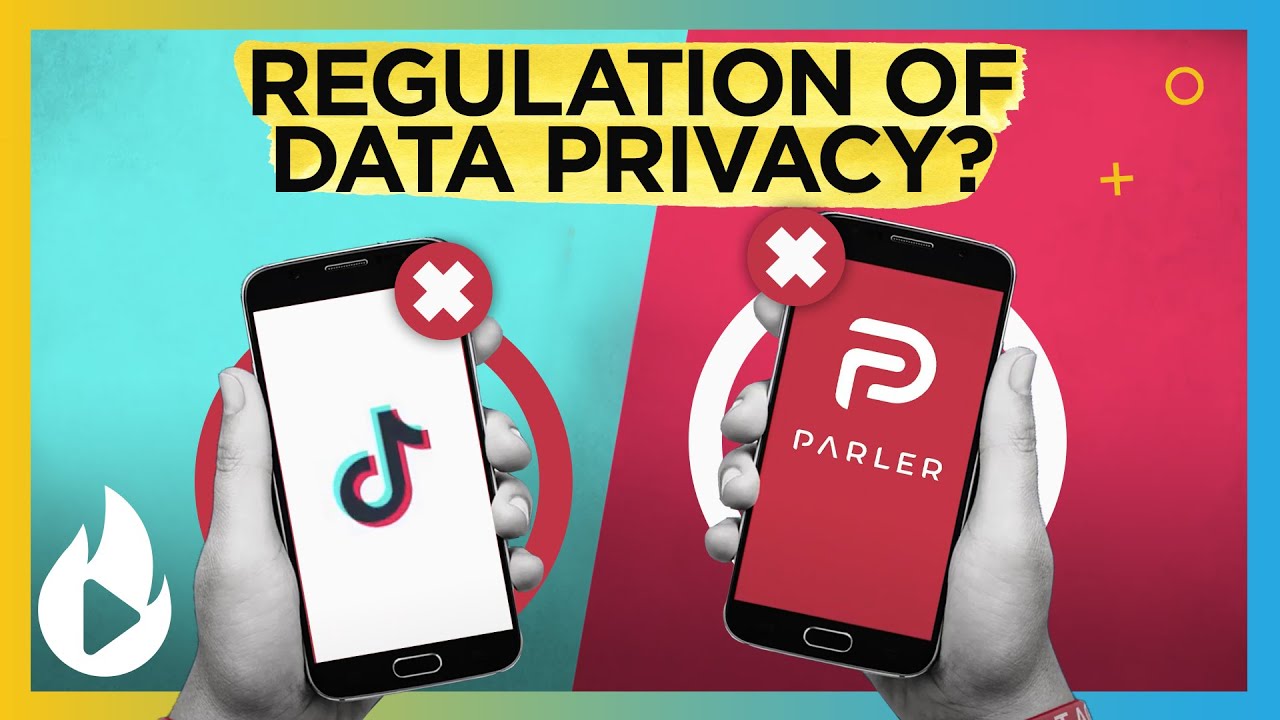
Why is Banning an App a Bad Idea?
April 28, 2021 | Video
In 2020, former President Trump expressed his wish to ban the app “Tiktok,” arguing that it constituted a violation of the privacy of millions of Americans.
We talked to Will Duffield, from the CATO Institute, and James Carafano, from the Heritage Institute, to understand the multiple points of view on this issue.
Was Tiktok providing the data from millions of Americans to the Chinese government? Is banning Tiktok a viable solution? How would other countries react to this intervention?
#SocialMedia #Censorship #Tiktok
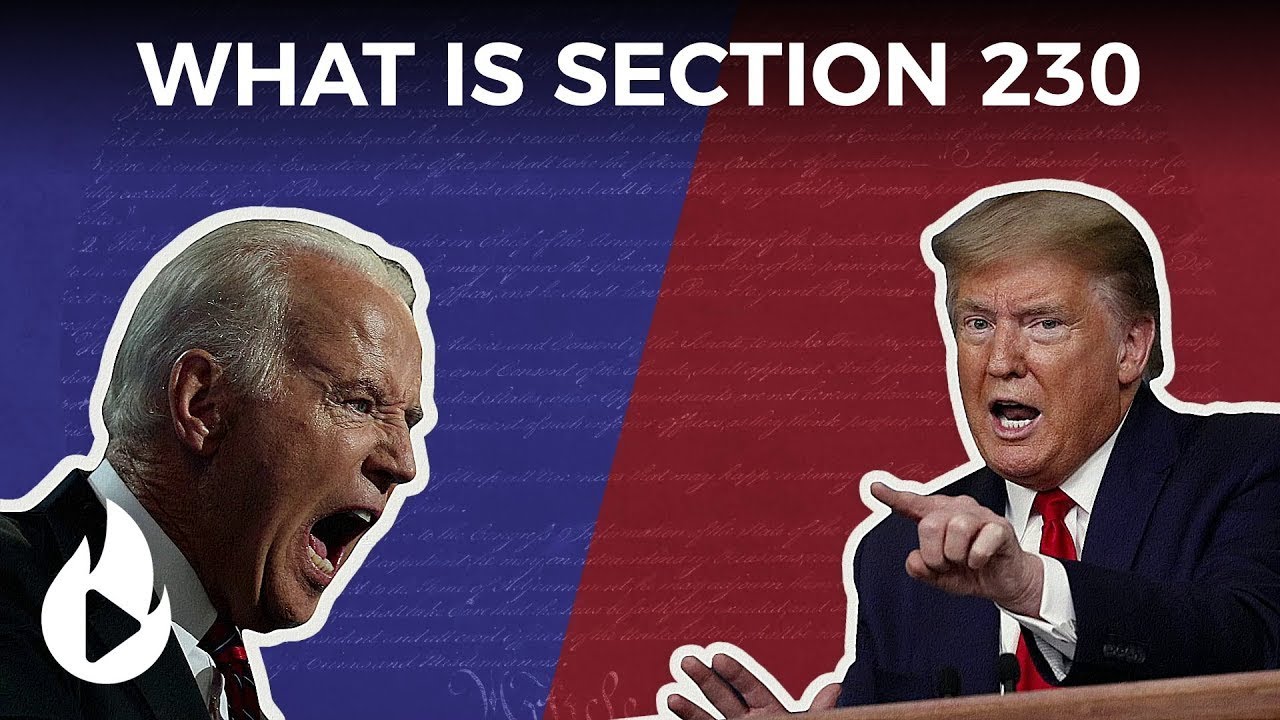
Section 230, Explained
April 28, 2021 | Video
As a user of the internet, you most likely use one or more internet platforms to read the news, share status updates, or connect with your friends and acquaintances. But what made it possible in the first place?
A small part of the Communications Decency Act, called Section 230, is a short clause that enables free speech on the internet today.
Section 230 says, “No provider or user of an interactive computer service shall be treated as the publisher or speaker of any information provided by another information content provider.” It means that online outlets can host many kinds of content, and they would not be the legal owner of the content.
This sentence allowed big tech organizations like Wikipedia, Twitter, Facebook, and many more to exist. However, Section 230 also creates an opportunity for people from all walks of life to join the conversation on the net and start movements, build businesses, and exchange opinions.
Nevertheless, members of the right and the left have joined the call to repeal Section 230.
In this video, you will learn how Section 230 enables free speech, and why there is a movement against it. We spoke with Jennifer Huddleston, Director of Technology and Innovation Policy at the American Action Forum, who is a specialist in the topic. Special thanks to Ashkhen Kazaryan.

The Blockchain Series
January 13, 2021 | Video
International hip hop dance artist and data visualizer Rizqi Rachmat dives deep into the world of blockchain technology to see how it is revolutionizing finance, cybersecurity, democracy, and more.
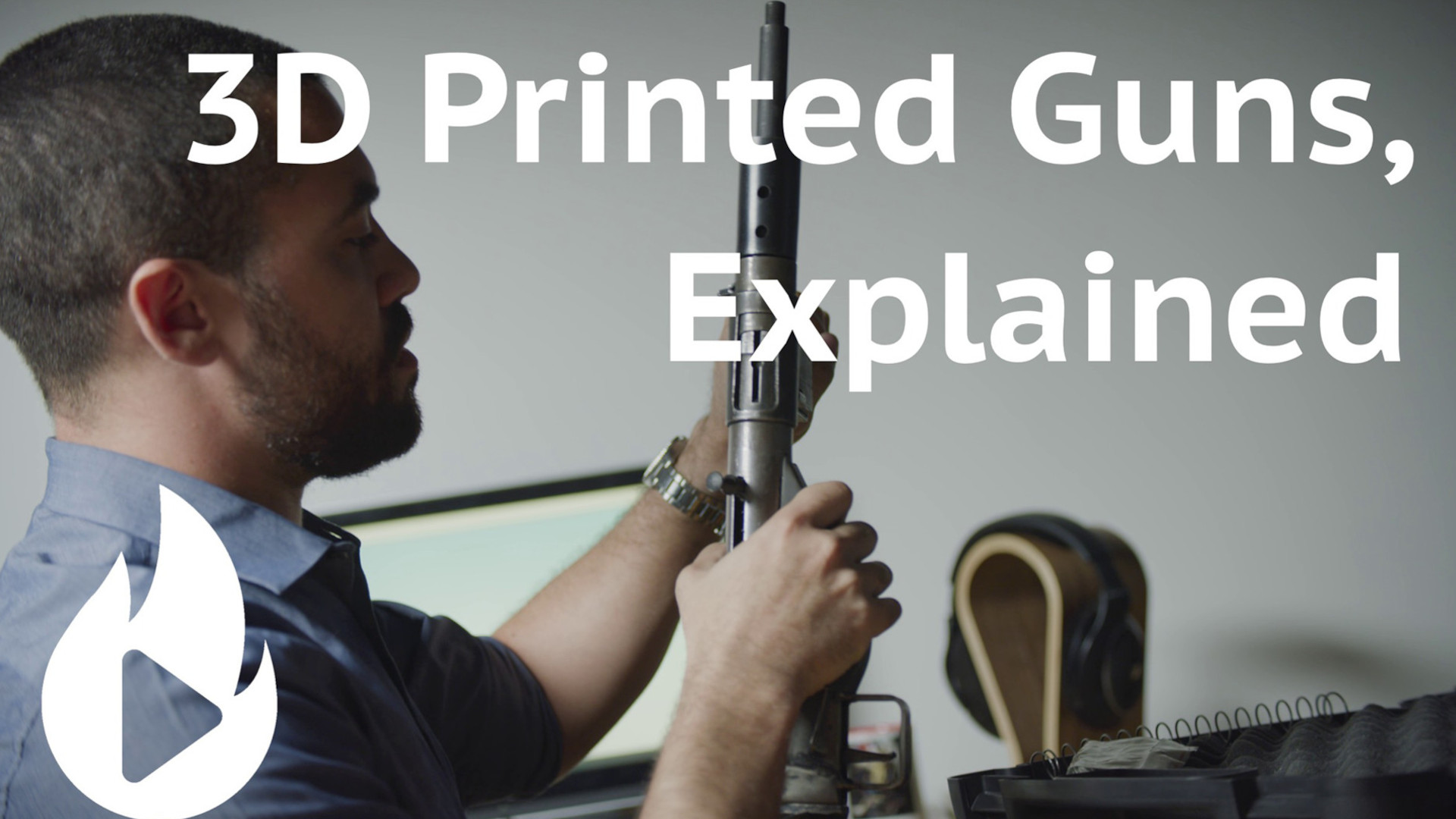
3D Printed Guns, Explained
January 13, 2021 | Video
On November 12th 2019, a federal judge has struck down against an attempt to release downloadable gun files in the United States. It was declared that allowing access to this information violates the Administrative Procedure Act and the Constitution.
It has been echoed that such free access to untraceable blueprints could threaten world peace and national security.
However, it has also been argued that If blueprints are speech, then 3D files are speech too. That means that, according to the constitution we have today, the government can’t prohibit them.
So what is 3D printing exactly?
3D printing is a process where a computer-aided-design (CAD) is sent to a printer where it is produced in three dimensions out of plastic or resin.
Matthew Larosiere, Director of Legal Policy Firearms Policy Coalition and Senior Contributor for Young Voices, explains what the future of 3D printing could mean for the gun industry.
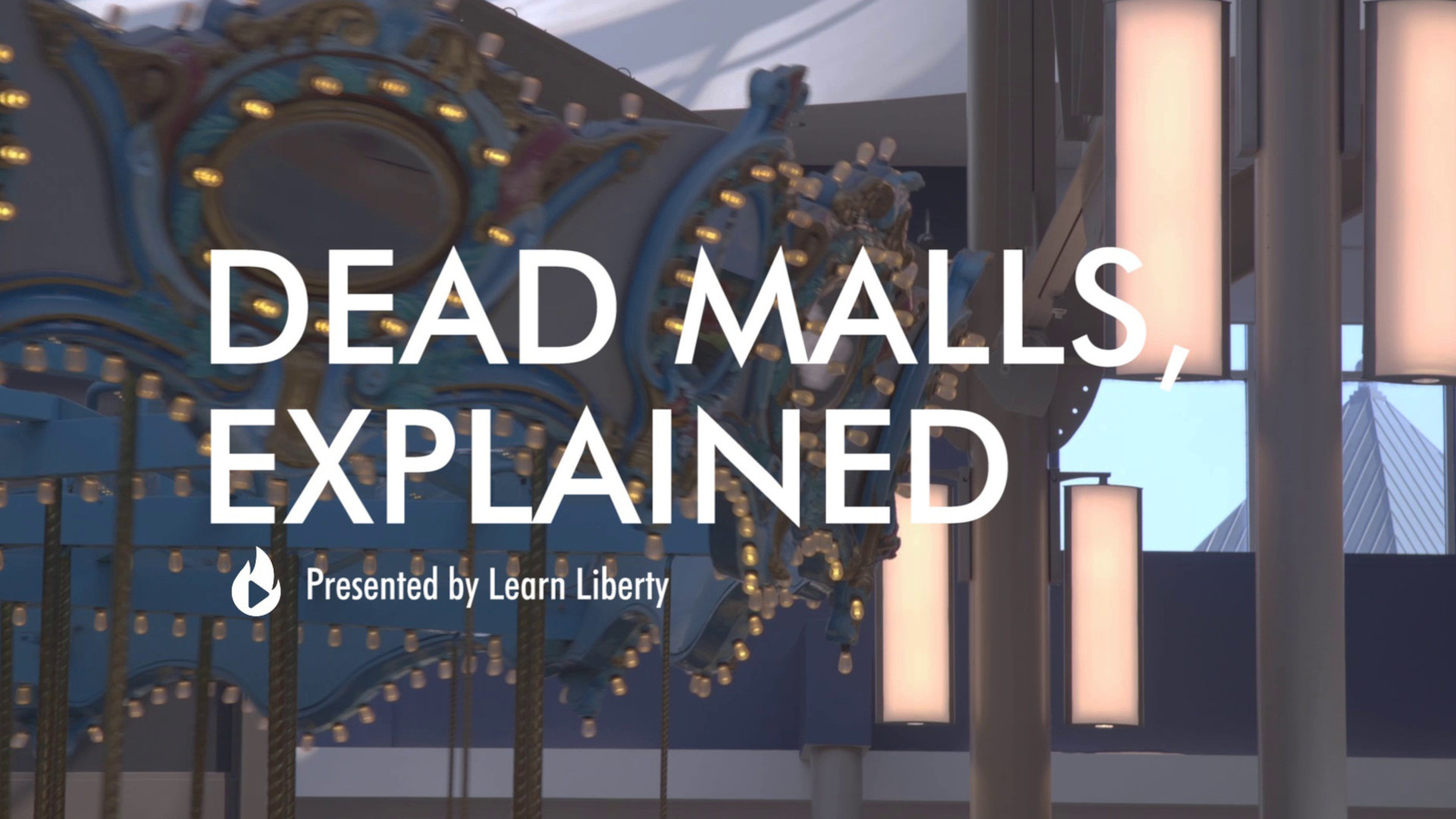
Dead Malls, Explained
January 11, 2021 | Video
Imagine your local mall today. How empty has it become? How many bored people are working in discounted stores with only a few mall walkers left to visit them? How did it get this way?
A vibrant community comes from the desires and choices of the community. When planners decide to force those choices into zones, game the system for certain players, and fight change, it’s not only unjust, but it often ends in ruin for all of us.

